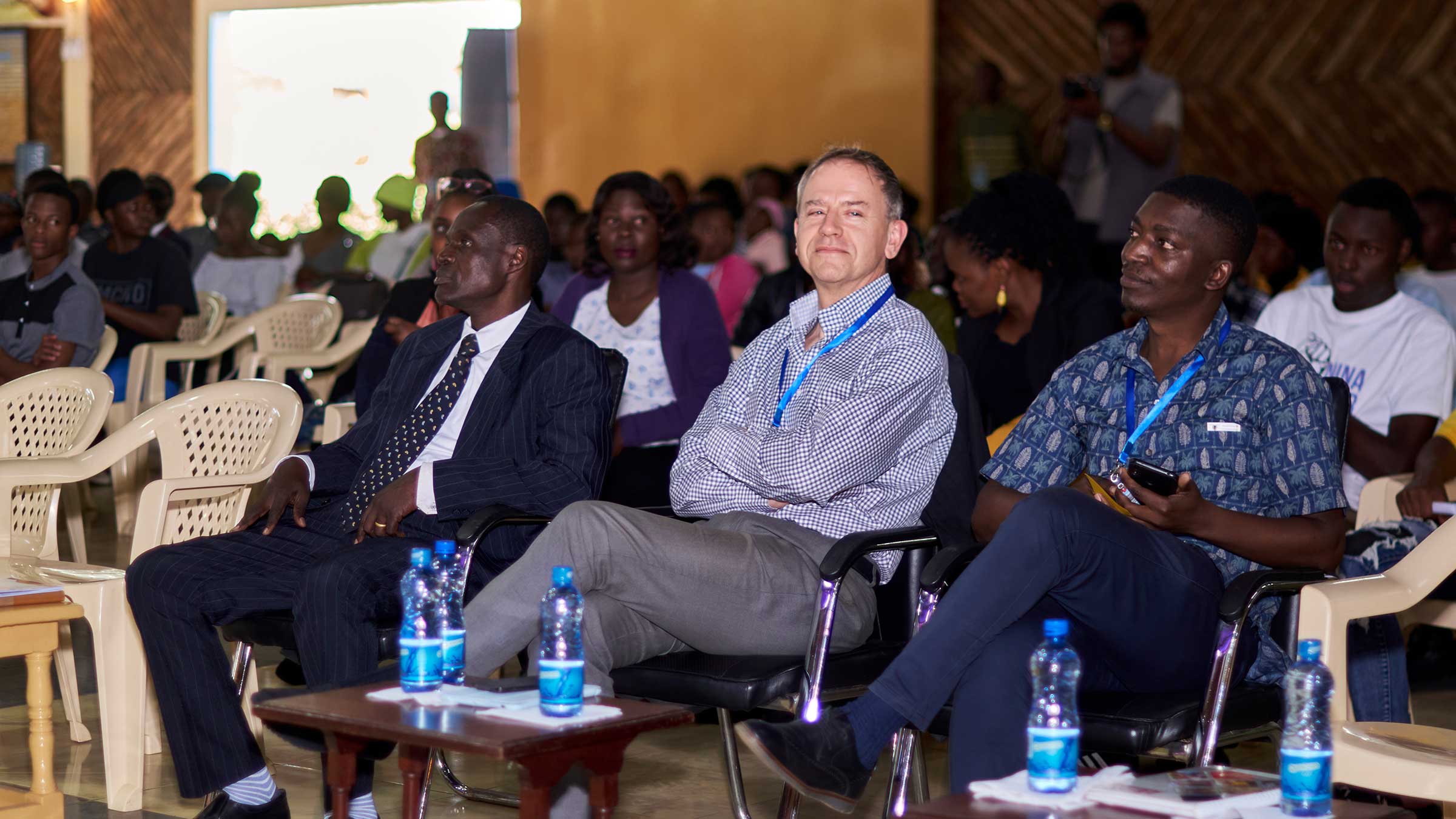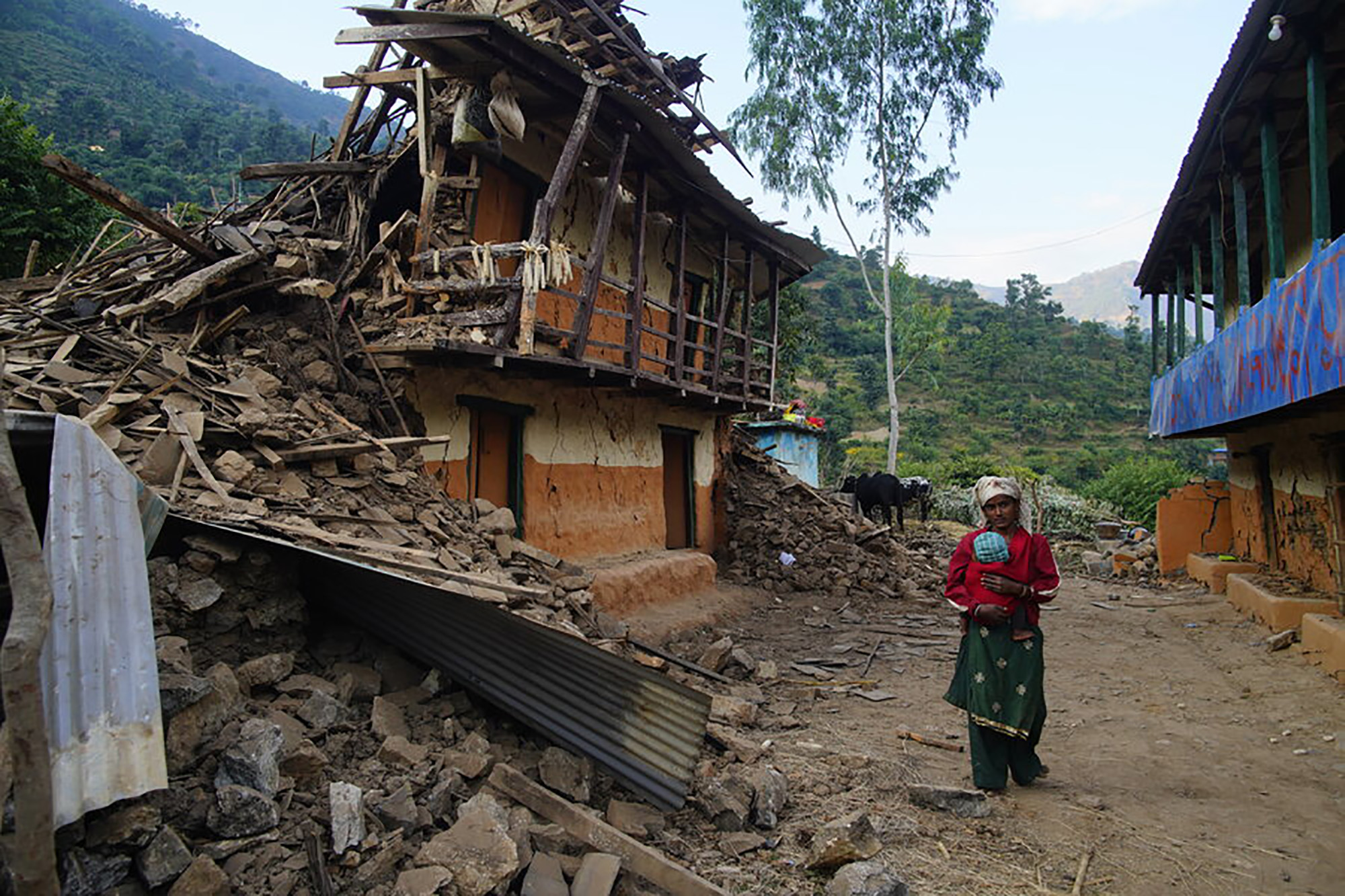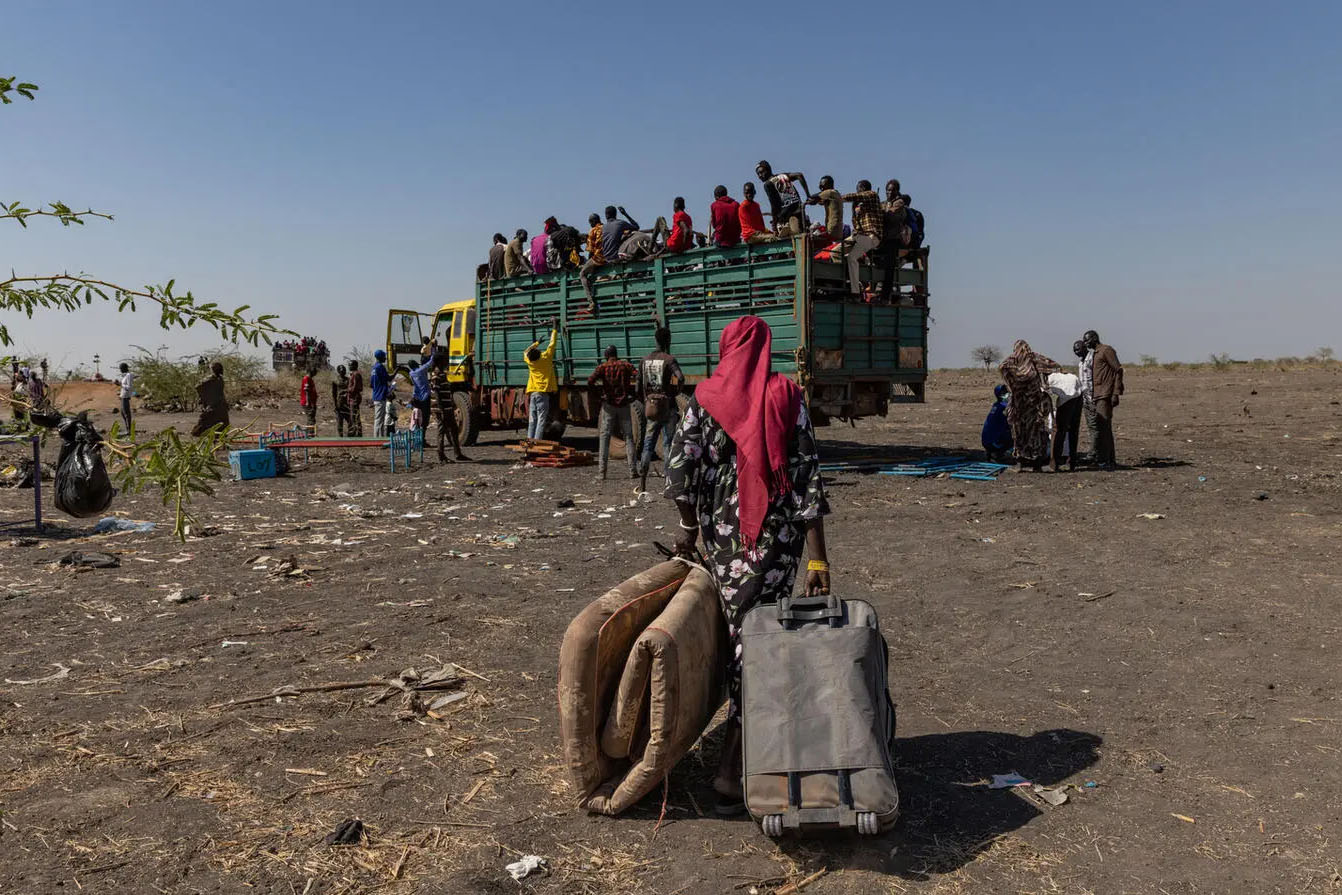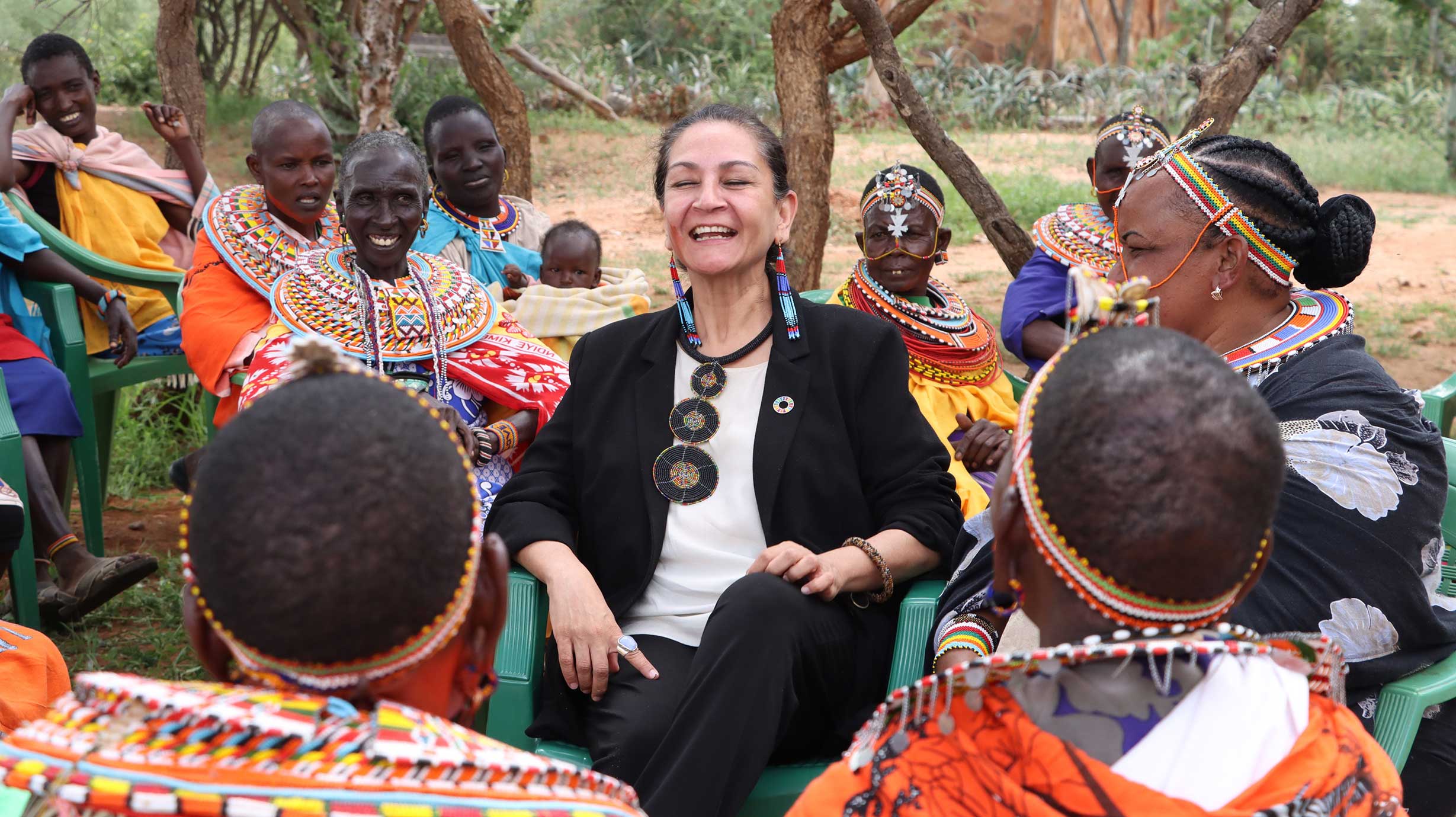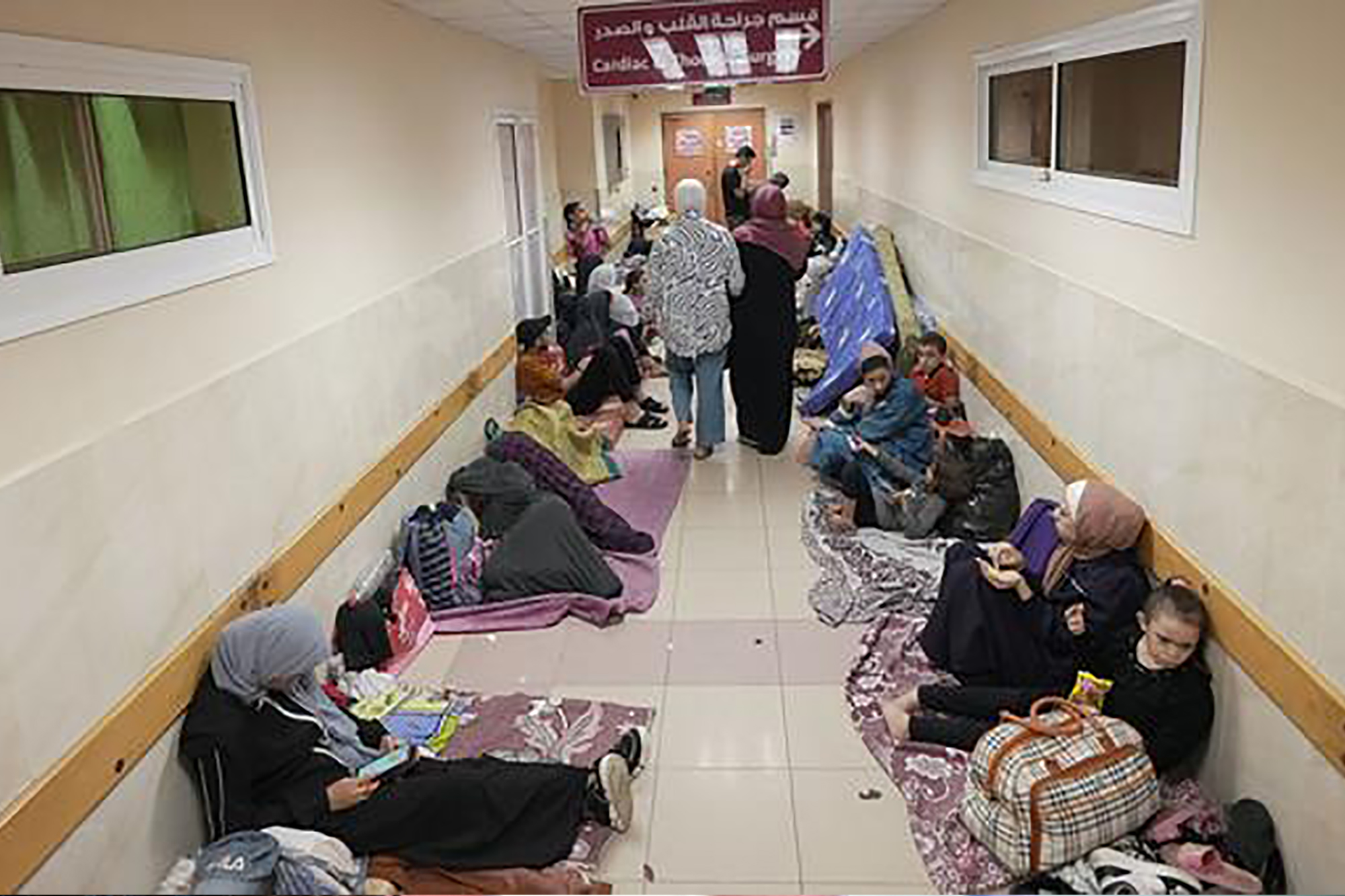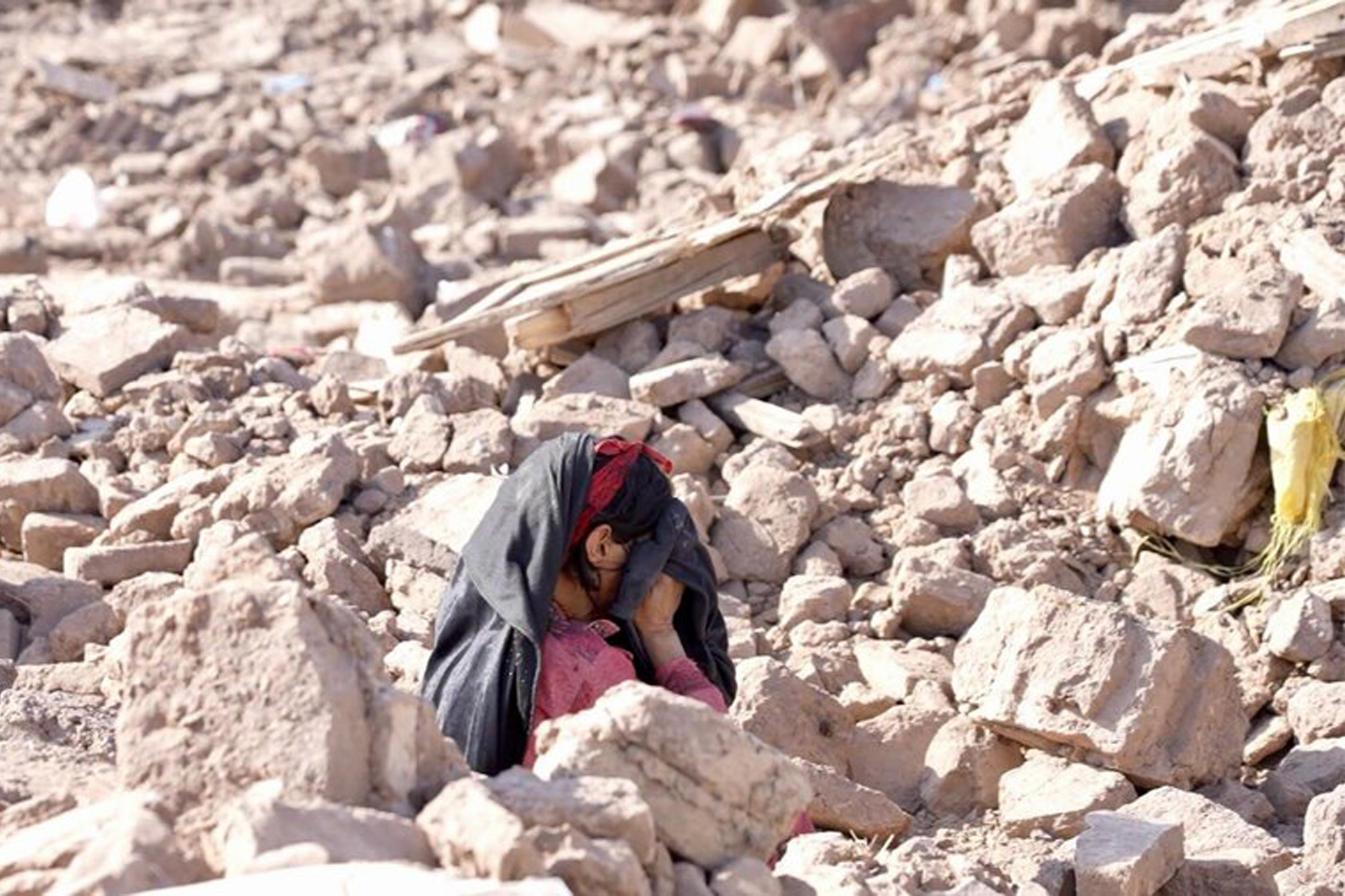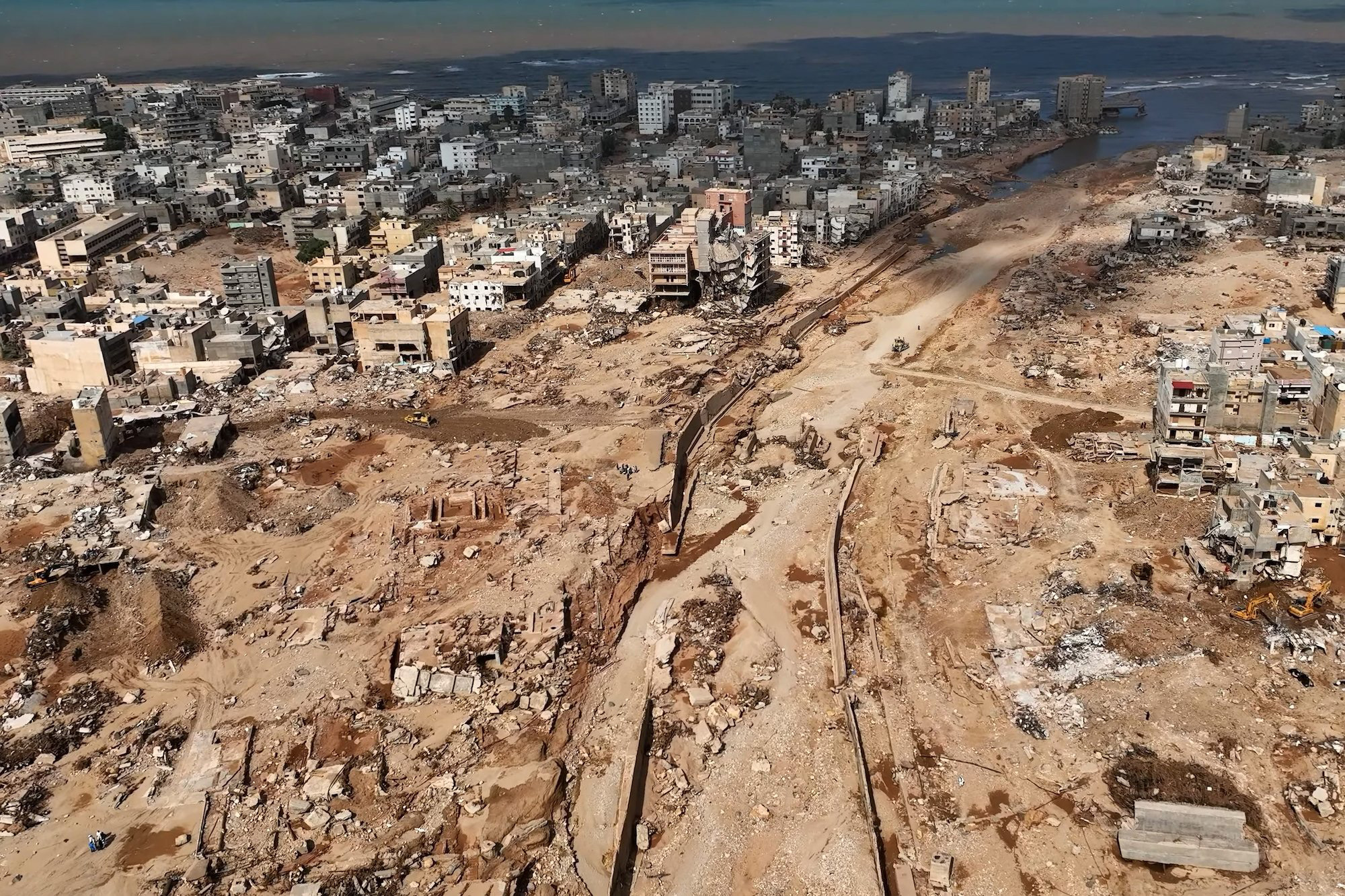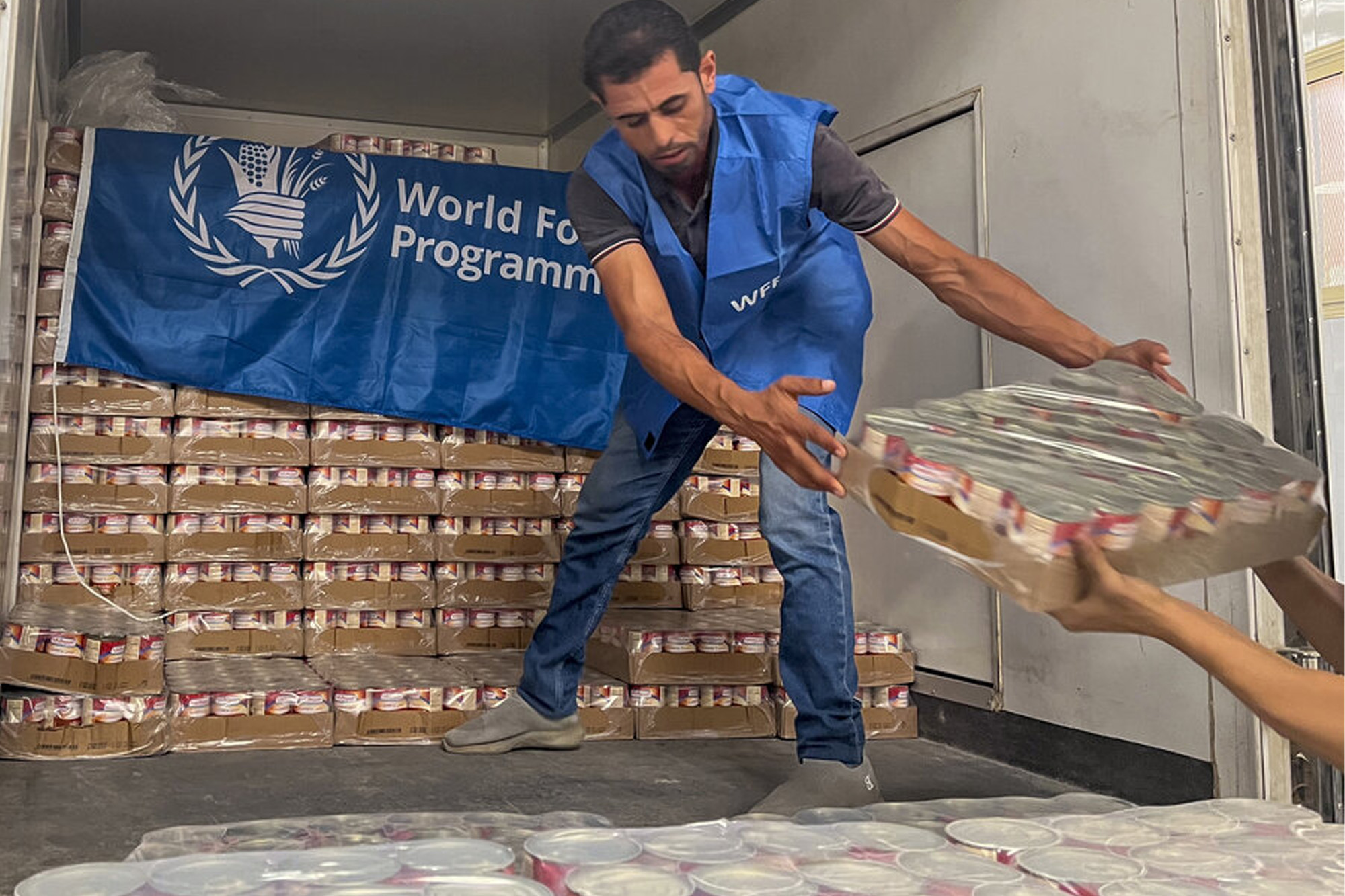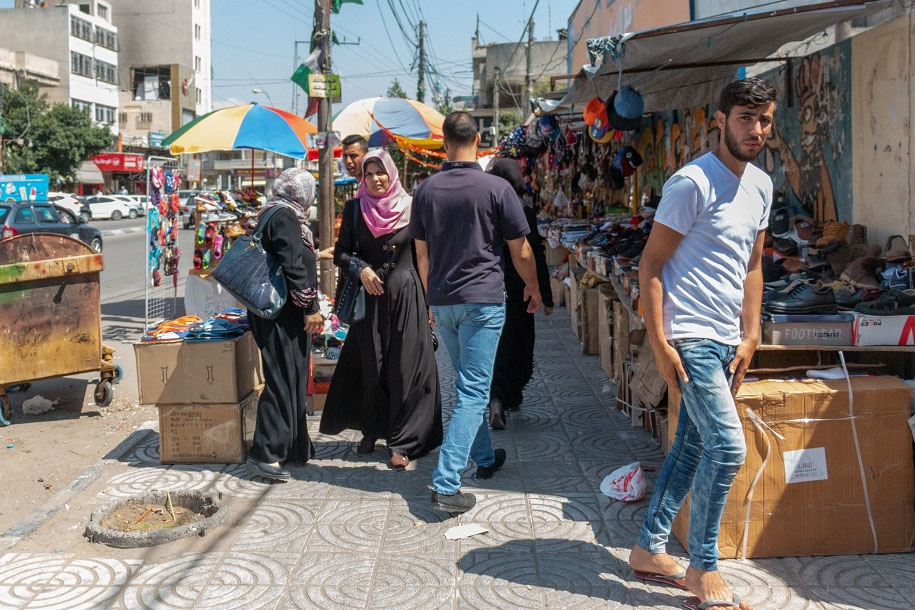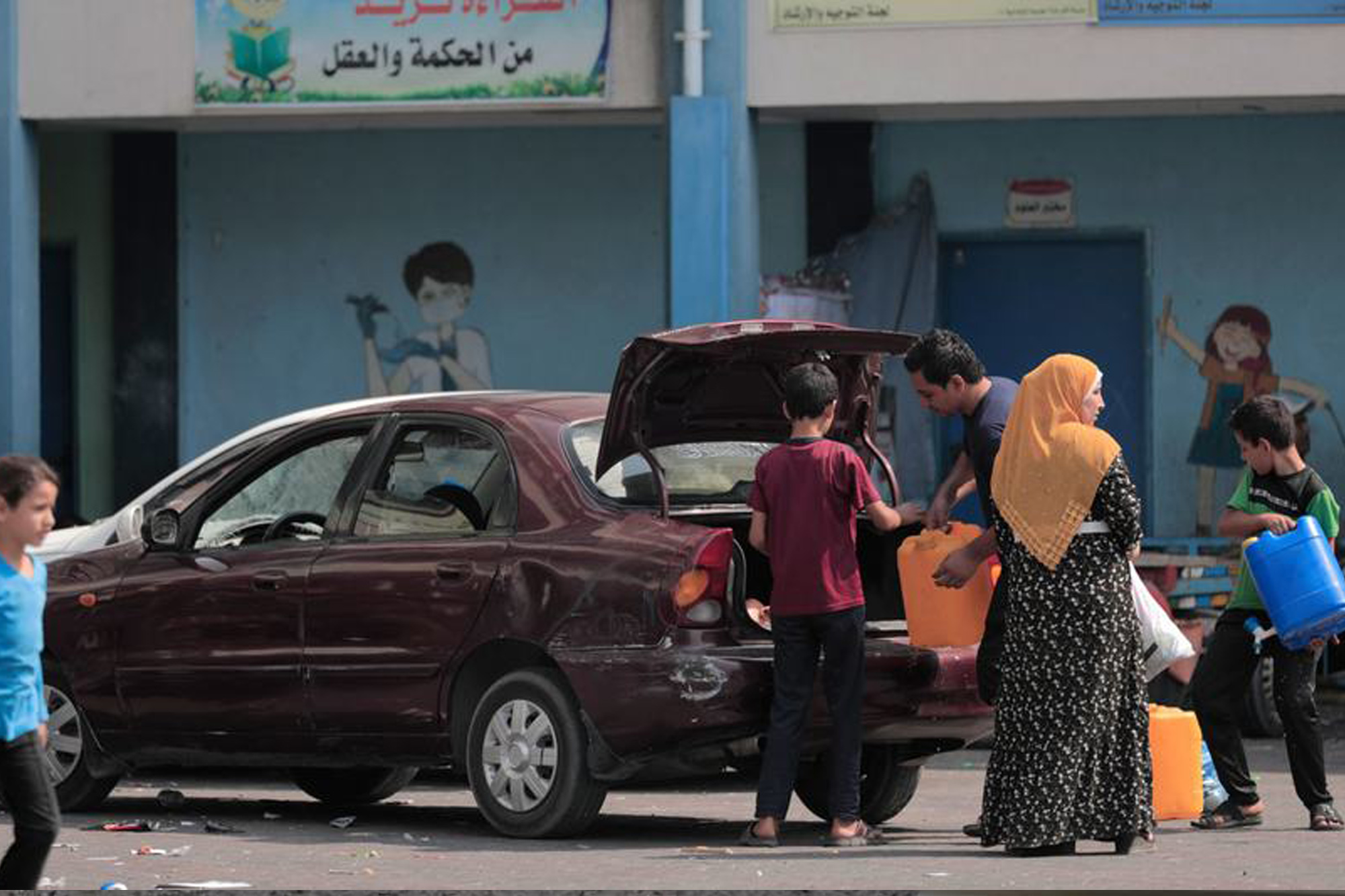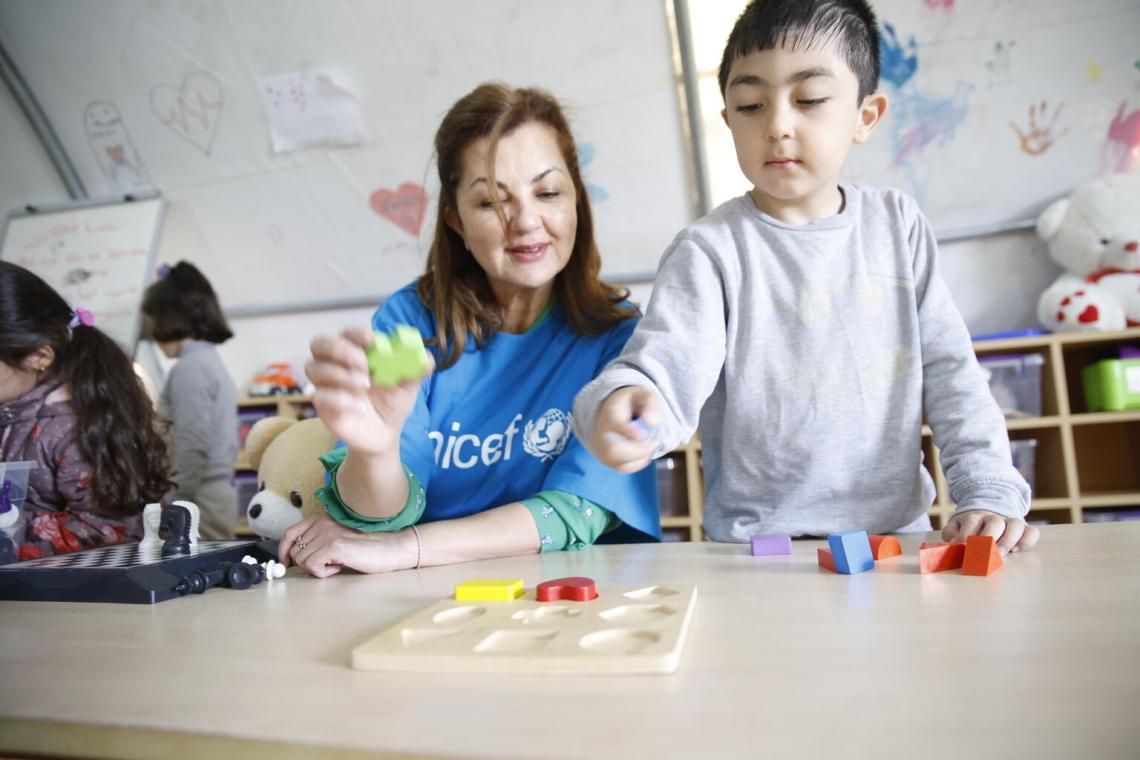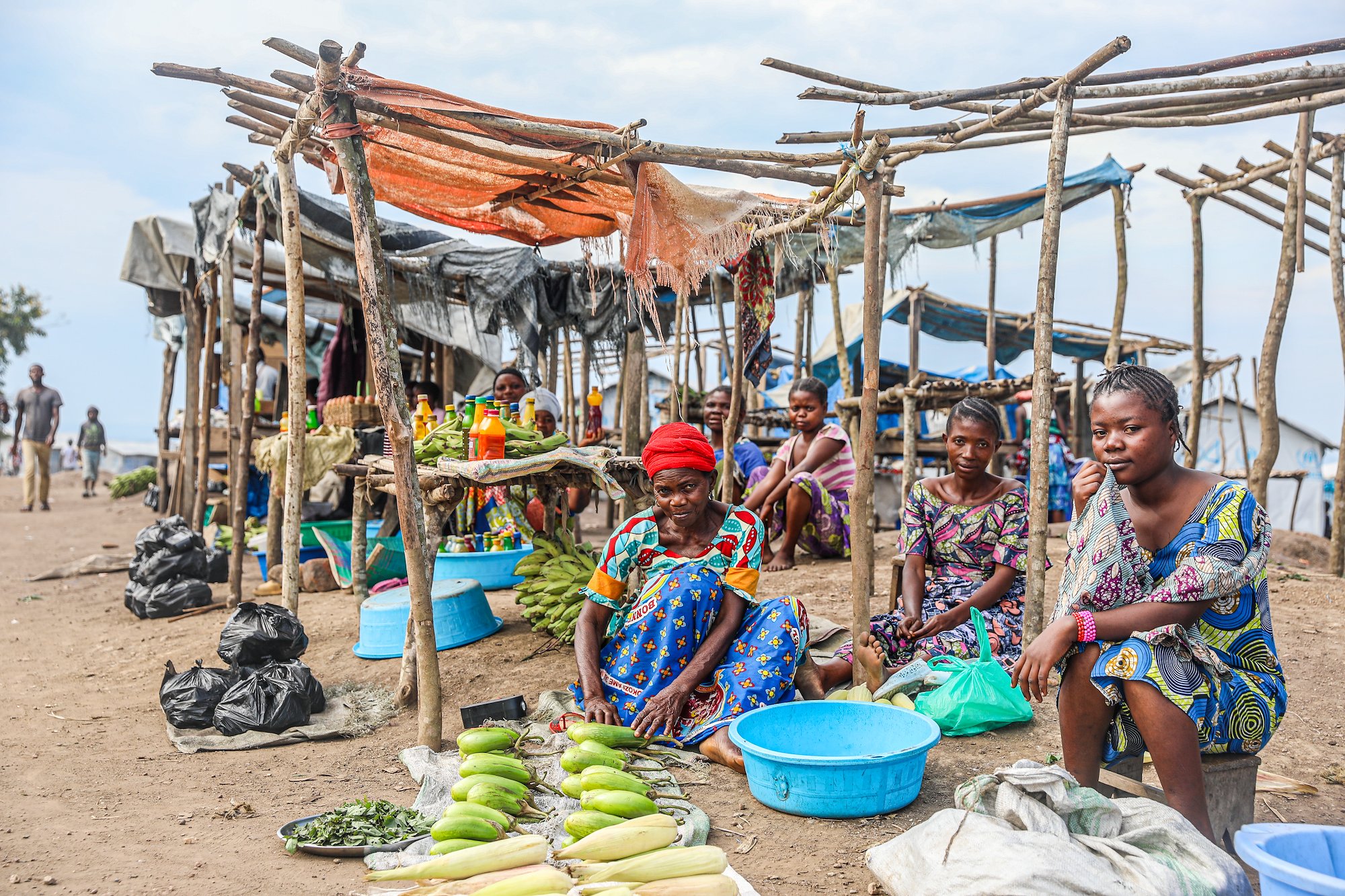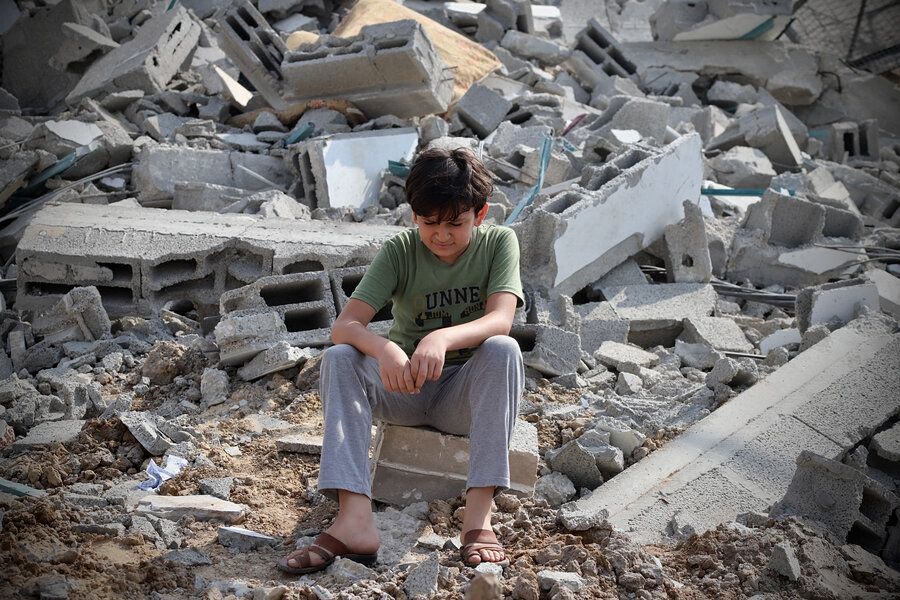Stephen Jackson fell hard for Africa three decades ago, and never looked back. Now the UN Resident Coordinator in Kenya, he channels his passion into his work, bringing together UN agencies to support the continent in its drive for sustainable development.
"Sometimes in this job, you just end up falling in love with the country where you work. Kenya is a very special place, and I think is a country on an extraordinary upwards curve, a very rapid one. You meet incredibly inspiring people here, and I love it to bits."
Africa is a continent set on rapid development, with many observers pointing to Kenya’s maturing democracy and green transition as a model for other nations. In this episode of Awake at Night, Stephen Jackson reflects on Africa’s fascinating diversity, as well as its invigorating self-confidence, resilience and ambition.

